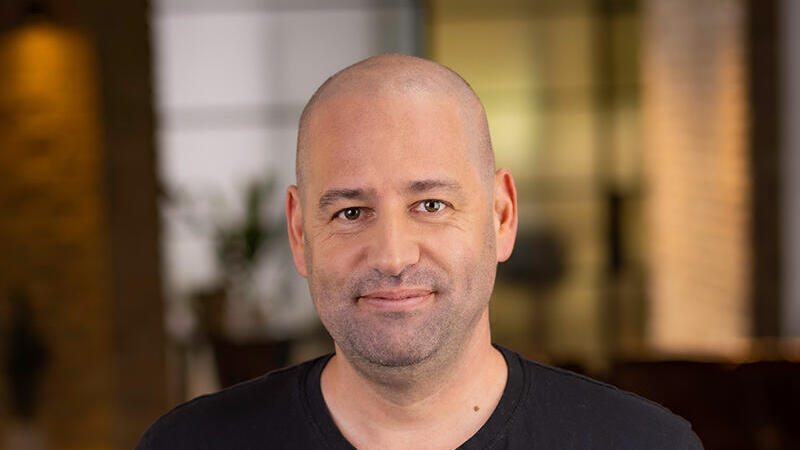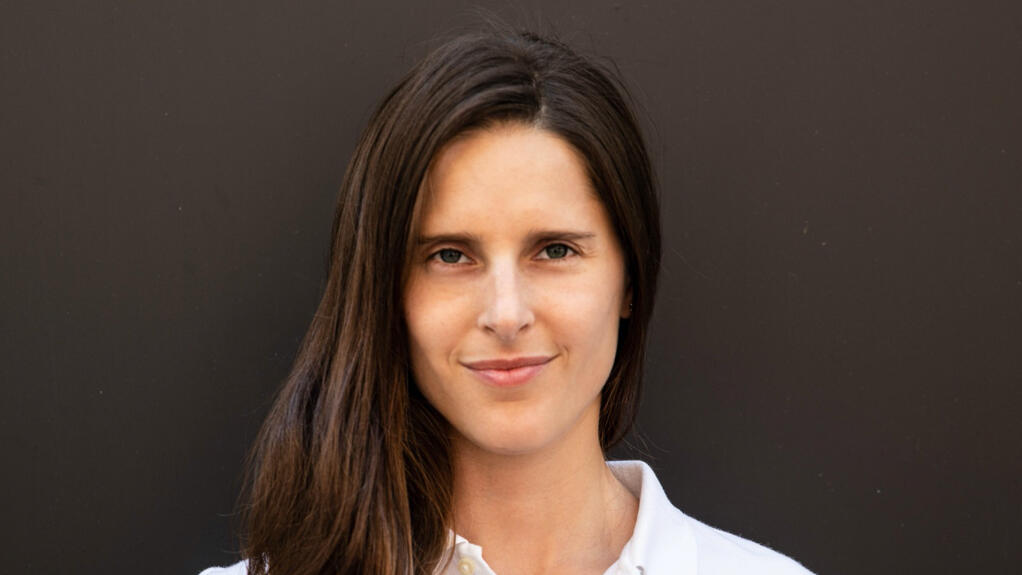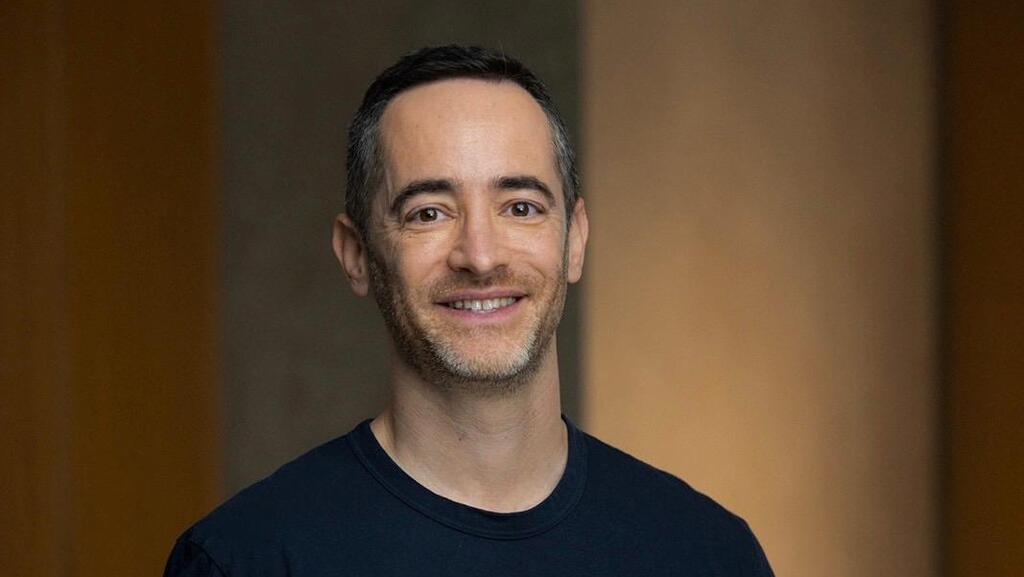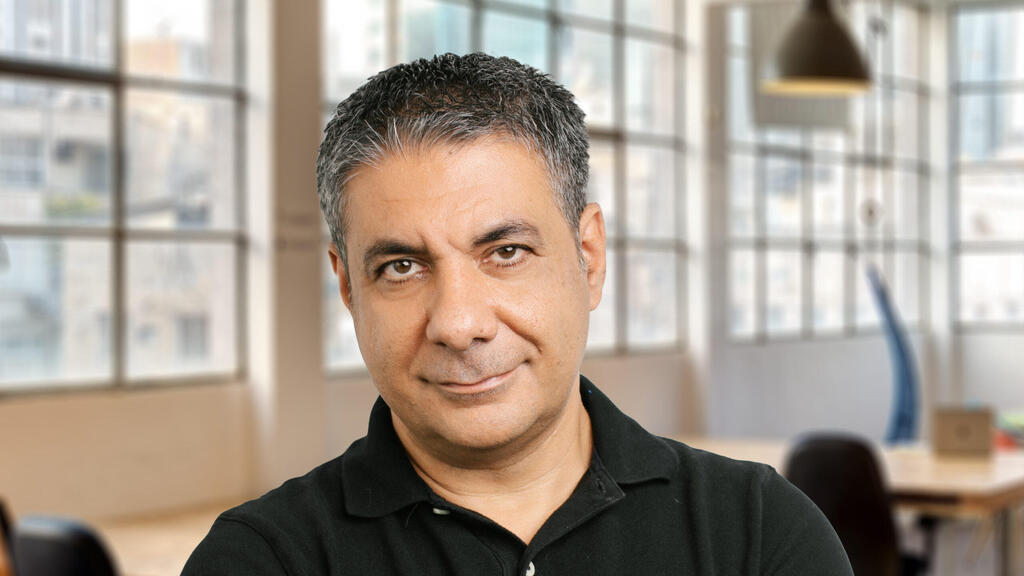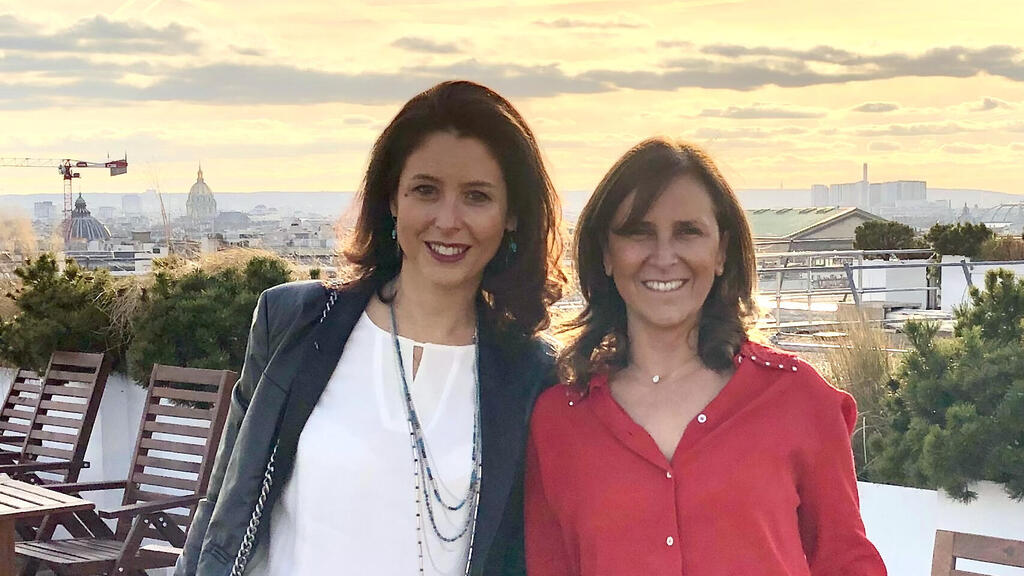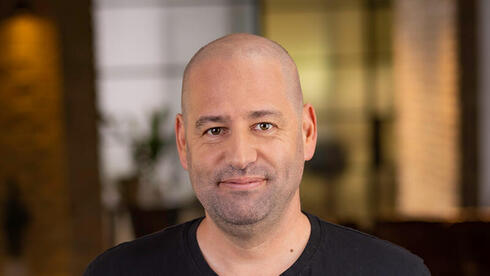
2025 VC Survey
Israeli VCs find opportunity in adversity, betting big on 2025
For local fund managers, the Israeli high-tech industry seems immune to crises, disasters, wars, or upheavals, whether local or global. This sentiment is evident in the 2025 VC Survey project, which includes interviews with over 50 leading venture capital fund managers in Israel.
If venture capital executives in Israel were asked to delete one word from their business lexicon—whether in Hebrew or English—it would likely be "pessimism." For local fund managers, the Israeli high-tech industry seems immune to crises, disasters, wars, or upheavals, whether local or global. In their view, the industry can overcome any challenge, seeing obstacles as temporary lessons that eventually lead to renewed growth. This sentiment is evident in the 2025 VC Survey project, currently published on CTech, which includes interviews with over 50 leading venture capital fund managers in Israel.
“It’s evident that this year was transformative for Israeli high-tech,” said Shahar Tzafrir, managing partner at TLV Partners. He noted that in 2024, the fund led 11 new Seed investments—nearly double its usual annual pace of six in 2023. “This reflects the growing dynamism and optimism within the ecosystem, even in the face of significant challenges,” he explained.
“2024 was a year that reminded us of something deeply ingrained in Israeli history and culture: in every generation, they try to destroy us — and we persevere,” said Barak Rabinowitz, managing partner at F2. “For years, the Israeli high-tech sector enjoyed relative calm and growth, becoming a global leader in innovation. Then came the war, a devastating and challenging period that tested us as people, as a nation, and as professionals. Yet, what stood out — and what a new cohort of global investors and multinationals saw firsthand — was the depth, brilliance, and unmatched resilience of the Israeli tech ecosystem. Through immense adversity, we delivered. Teams worked under sirens, developers solved problems from reserve duty, and companies adapted with creativity and speed. It’s not just about innovation anymore; it’s about showing the world what we’re made of: the ability to overcome any challenge and build for the future, no matter what.”
“If I could summarise 2024 for the Israeli tech industry I’d say it’s been a year of Resilience,” said Eze Vidra, managing partner at Remagine Ventures. “Scaling startups is hard as it is, but Israeli founders had to deal with so much more on top of the regular business challenges and still delivered.”
Key1 Capital echoed this sentiment, describing 2024 as “the year of delivery.” “Despite challenges (and there were many), it became abundantly clear that Israeli companies continue to execute incredibly well.”
The CTech survey offers an in-depth analysis of the state of Israel’s high-tech sector, highlighting its challenges and opportunities at the close of a particularly demanding year and as it faces 2025 with economic, political, and security uncertainties. Published for the third consecutive year, the VC Survey is part of an ongoing series of articles and interviews shared throughout January on CTech.
A challenging yet resilient industry
Like other sectors of the economy, Israeli high-tech has faced unprecedented challenges over the past two years. These range from the national trauma of October 7, 2023, and the ongoing war’s economic impact, to labor shortages and broader societal issues like equitable participation in the workforce. Additionally, the industry remains vulnerable to global shifts, such as rising antisemitism influencing foreign investor confidence, aviation restrictions complicating business relationships, global market uncertainty, and stagnation in the IPO market. Adding to these difficulties are the expected political changes in the U.S., which introduce another layer of complexity.
Yet, despite these obstacles, venture capital investors remain remarkably optimistic. They express a deep belief in the Israeli industry’s capacity for rapid recovery and its entrepreneurs’ ability to adapt in crisis situations. For them, every challenge represents an opportunity for innovation and growth. Terms like “resilience,” “innovation,” “growth,” and “adaptation” were repeated frequently in their interviews, reflecting their conviction that Israeli tech can not only endure these challenges but thrive beyond them. The ecosystem is seen as well-prepared to solidify its position as a global leader in technology in 2025.
Optimism backed by results
The optimism expressed by investors is rooted in tangible results. At least half of the survey participants reported raising funds for new or continuation funds in 2024. These ranged from tens of millions of dollars in smaller funds to hundreds of millions in larger funds, such as Team8, which raised $500 million for three new funds, and Qumra and TLV Partners, which also launched new funds in 2024.
Even funds that did not raise capital this year emphasized that their coffers remain full, with significant "dry powder" ready to deploy. “It’s very challenging to raise funds in this environment, but those who succeed will have extraordinary opportunities in the near future,” said Nimrod Cohen, founding partner at TAU Ventures.
Toot Shani, founding partner of Sarona Partners, added, “In 2024, we launched a fund that enables private investors worldwide to invest in Israeli companies that performed exceptionally during the ongoing war. We raised capital from over 60 investors across the U.S., UK, France, Italy, Hong Kong, Germany, Chile, and Thailand, and invested it in outstanding serial entrepreneurs, many of whom are now building their second or third companies. We’re currently seeking the next great company to support.”
From the investors' responses, it appears that money continued to flow into startups last year. For example, Jon Medved, founder of OurCrowd, stated that the fund under his management made 108 investments in startups, including 50 in new Israeli and international companies, and supported 11 additional funds. The partners at Fusion reported that since October 7, 2023, the fund has made over 30 new investments and 10 follow-on investments in portfolio companies. Meanwhile, eHealth Ventures shared that 2024 was a record year for the fund, with 17 investments. Similarly, Syn Ventures reported 17 investments during the year, including 9 in new companies. Peregrine Ventures, which made 16 investments in 2024, noted this was a decline from 23 investments in 2023.
"We saw a significant increase in entrepreneurial activity emerging from the challenging environment," said Lior Handelsman, general partner at Grove Ventures. "The well-known adaptability of the Israeli tech ecosystem, combined with the clear potential of the artificial intelligence revolution, motivated many skilled professionals to launch new ventures. By the end of the year, a wave of young startups had formed, responding to shifting market dynamics and seizing new opportunities."
"2025 will be a year of rebuilding and renewal," predicted Barak Rabinowitz. "It will be a year where we transform challenges into opportunities and continue to prove why Israeli technology is indispensable to the global economy, particularly in cybersecurity and artificial intelligence, which are now integrated across industries."
"We expect a significant inflow of foreign investments in 2025," said Lior Litwak, managing partner of the Glilot+ fund. "Large global investment firms are renewing their focus on the Israeli economy, especially in the venture capital sector, surpassing levels of engagement seen before the downturn in 2022. We're already witnessing substantial interest from foreign funds resuming direct activities here, and many of our portfolio companies are actively discussing follow-on investments with international investors."
Which companies are set to benefit from this renewed optimism?
Survey participants gave a clear answer: early-stage companies, particularly those in artificial intelligence. Almost all investors emphasized the importance of advancing AI tools in the local high-tech industry. Alongside AI, other fields mentioned included cybersecurity—long considered the pride of the industry—health tech, climate tech, and the emerging defense-tech sector, which saw a surge in relevance due to the war. Conversely, investors expressed less interest in consumer-facing applications, non-essential SaaS products, and traditional fintech models.
When asked about the stage of companies they prefer to invest in, some, like UpWest, emphasized that the current period is especially promising for launching new ventures, particularly in AI. Fund managers noted the availability of financing for new companies and the openness of potential customers to adopting innovative technologies. "As early-stage investors, this is a remarkable time to establish new ventures," UpWest said. "The 'disruption' created by artificial intelligence has opened unprecedented opportunities. Funding is more accessible than in previous years, and customers are more willing than ever to embrace AI-powered technologies."
Related articles:
Blumberg Capital also highlighted the advantages for early-stage startups in 2025, citing their adaptability and lack of pressure to demonstrate immediate profitability. "Early-stage startups can swiftly adjust to market demands without the burden of proving short-term returns. In contrast, mature companies will need to focus on capital efficiency and sustainable growth to thrive in the current funding environment."
"Israel's tech ecosystem is well-positioned to capitalize on the opportunities 2025 will bring," said Yaniv Golan, partner at lool Ventures. "Artificial intelligence, quantum computing, and climate tech are poised to lead innovation, alongside traditional fields like cybersecurity and defense-tech. AI has become the cornerstone of innovation, and Israeli entrepreneurs are uniquely equipped to leverage proprietary data and expertise to drive advancements in generative AI, analytics, and automation. At the same time, quantum computing is emerging as a transformative field, particularly in cryptography, simulations, and next-gen computing capabilities."
However, Golan noted that traditional vertical software solutions might face challenges as AI reshapes software development and consumption. Startups in these areas will need to adapt to AI-driven demands or risk being left behind.
"We are doubling down on seed investments, particularly in companies with strong network effects," said Gigi Levi Weiss of NFX. "Our goal is to ensure these companies have the resources to grow quickly and close the gap with their Silicon Valley counterparts. This is especially crucial for startups in generative AI, where Israel has lagged slightly due to distractions and limited investment caused by the war. We are also focusing on supporting portfolio entrepreneurs by helping them integrate AI tools into their workflows."
Entrée Capital echoed this sentiment, emphasizing the resilience and flexibility of the Israeli ecosystem despite global economic pressures, funding slowdowns, and political challenges. "Israeli entrepreneurs continue to innovate, focusing on the industry's strengths, including AI, cyber, and fintech. At the same time, they are seizing new opportunities arising from the war, particularly in defense-tech. The industry's ability to thrive in adversity solidifies Israel's position as a global tech leader."
Cynthia Phitoussi, managing partner at SeedIL Ventures, expressed optimism for both young and established companies. "We anticipate that the end of the war, the return of foreign investments, and the stabilization of personnel will spur a revival in new company formation. Many entrepreneurs will refocus on their ambitions and dreams."
However, not all investors shared unbridled enthusiasm. Roi Bar-Kat, a managing director at Intel Capital, tempered expectations by highlighting key challenges. "The main hurdles for Israeli companies in 2025 will be selling to foreign customers and achieving targets affected by the recruitment of employees and reservists. Another obstacle will be securing funding from foreign investors due to the lingering sense of risk and uncertainty in the Israeli tech industry."
"2025 is expected to usher in a 'baby boom' of innovation within Israel's tech ecosystem," said Hila Rom, managing partner of RUNI Ventures, the venture capital fund of Reichman University. "We foresee a significant increase in defense-tech ventures, driven by developments originating on the battlefield and new funds eager to capitalize on these opportunities."
"Mature companies are also expected to benefit from more favorable conditions in 2025," added Elron Ventures Chairperson Lisya Bahar Manoah. "The stabilization of economic conditions and a recovering market will attract investors seeking proven business models and strategic exits. However, early-stage startups can also thrive if they demonstrate strong product-market fit and capital efficiency."








